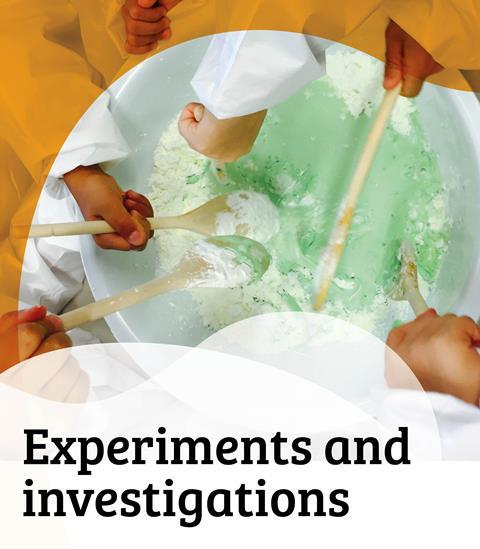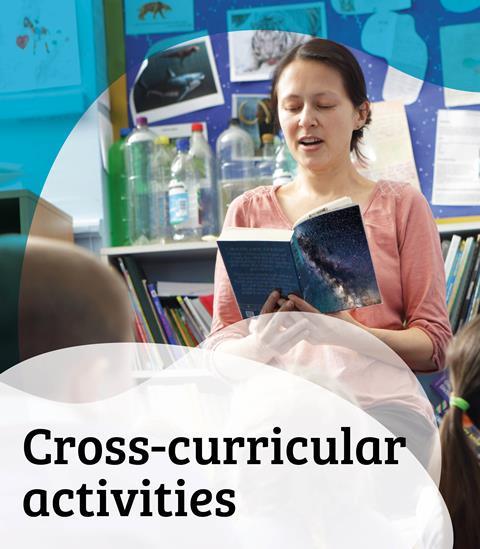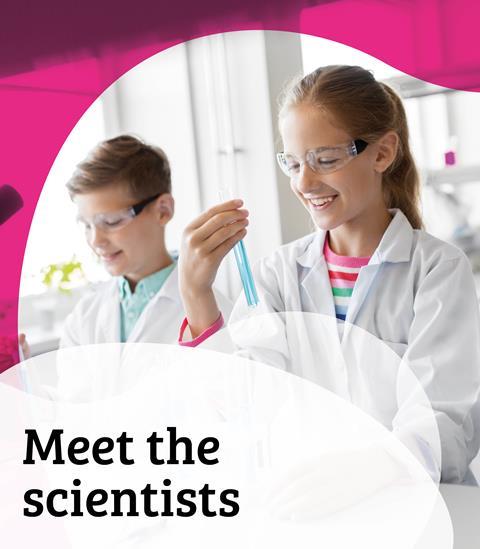Join Kareena and her superhero friend K-mistry and learn about solids, liquids and gases
Produced by FunKids radio in collaboration with the RSC, this short chemistry snippet is great for introducing children to solids, liquids and gases.
This podcast can be used as a ’hook’ when introducing the topic to your students, or as revision tool.
Downloads
Kareena's Chemistry- Episode 4: Solids, liquids and gases
Audio | Other, Size 5.39 mb
Additional information
If you teach primary science, see the headings below to find out how to use this resource:
Skill development
Children will develop their working scientifically skills by:
- Asking their own questions about scientific phenomena.
- Using appropriate scientific language and ideas to explain, evaluate and communicate their findings.
- Grouping and classifying things.
Learning outcomes
Children will:
- Compare and group materials together, according to whether they are solids, liquids or gases.
- Observe that some materials change state when they are heated or cooled and measure or research the temperature at which this happens in degrees Celsius.
- Demonstrate that changes of state are reversible changes.
Concepts supported
Children will learn:
- That there are three main states of matter, and what some of the differences between them are.
- How atoms behave, in simple terms, in different states of matter.
Suggested activity use
The recording can be used at the start or end of a lesson to stimulate discussion. It provides a good hook into the topic about states of matter, or as a revision reminder about previous learning.
Practical considerations
Some children may find it difficult to visualise what is being described, so providing visual images along with the recording may help their understanding.
The recording refers to four states of matter, as it includes plasma, which could confuse children. You may wish to focus on the three states typically taught at primary age – solid, liquid and gas.
If the activity is going to be used as a hook, then sorting and classifying activities, where children decide if an everyday object is solid, liquid or gas, will need to be organised.
Primary science podcasts
- 1
- 2
- 3
- 4
- 5
 Currently reading
Currently readingSolids, liquids and gases
- 6
- 7
- 8
- 9
- 10
- 11
- 12
- 13
- 14
- 15
- 16



























No comments yet